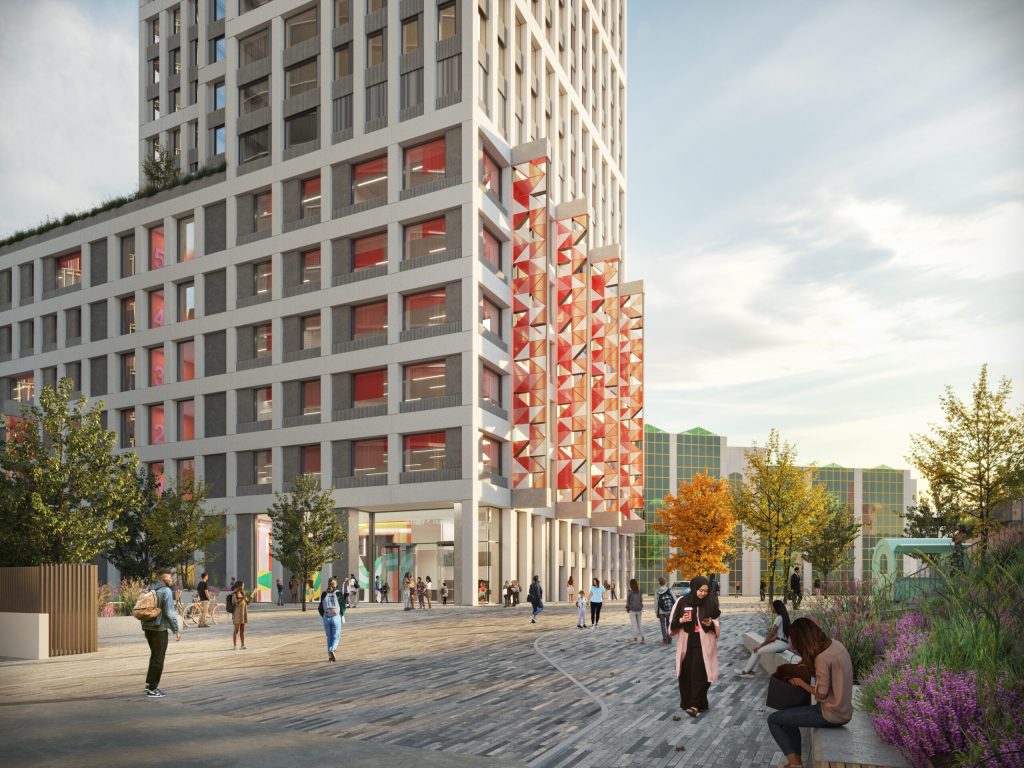
Written by Adam McLaren, Director, Client Services
The purpose-built student accommodation (PBSA) sector has seen rapid growth in recent years, fuelled by the rising global student population and an increasing demand for high-quality housing near universities. Investment in the sector in the UK grew to £1.7 billion in the second part of 2024.
Analysis from JLL shows that, even with this growth, PBSA only has the capacity to house 31% of students across the UK– a level that has fallen over the last five years. This is placing significant strain on the private rented sector, with students comprising up to 40% of rental households in some major cities.
Even with more providers entering the market to address this shortfall, concerns about overconcentration are emerging across London – with councillors sceptical about the sector’s ability to deliver genuinely affordable accommodation for students. To stand out in this competitive landscape, providers must diversify their schemes to meet students’ needs and ensure alignment with local community priorities.
Community engagement can shape community integration
Engaging students directly in the design process is crucial for success. Today’s students are looking for more than just a place to live; they seek welcoming and inclusive spaces that foster academic success, personal well-being, and social interaction. Developers who involve students in shaping their accommodation ensure their spaces are both functional and appealing to their specific needs. This engagement improves the student experience and builds local support for innovative solutions around how students can contribute to the community.
Engagement must go beyond student input and address how these developments will impact neighbourhoods. PBSA projects incorporating features beneficial to the local economy—such as ground-floor retail spaces, cafes, or incubators for local businesses—can create lasting benefits. These spaces drive footfall, support local businesses, and create jobs, fostering a deeper connection between students and the broader community.
Incorporating transparent and inclusive community engagement from the outset ensures the development aligns with the area’s needs and end users. In the long-term, this will help to ensure students contribute to and integrate with the local community – as somewhere that has become home.
Prioritising sustainability
Sustainability is another key consideration. Many students today (not to mention residents across London) are passionate about environmental issues, and developments that align with their values are more likely to succeed. A great example of this is the University of Exeter’s successful initiative, “Gift it, Reuse it,” a reuse platform where students could exchange items, promoting sustainability while fostering a sense of community.
As the higher education sector faces new challenges, such as pressures on university funding and potential declines in international student numbers, PBSA providers must remain adaptable. Providers must prioritise community engagement, involve students in the design process, and align with local needs and sustainability goals.
How we can help
At Kanda, we support universities and PBSA developers across London and the Southeast in navigating these challenges through strategic engagement and building strong local relationships – ensuring projects are well-received and resilient in the face of change. If you would like to discuss how we can support you with the right communications strategy, please reach out to adam.mclaren@kandaconsulting.co.uk.